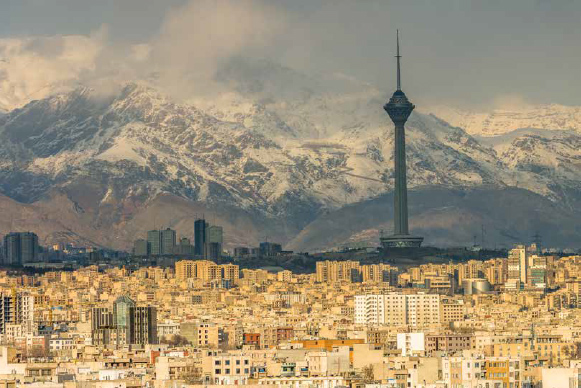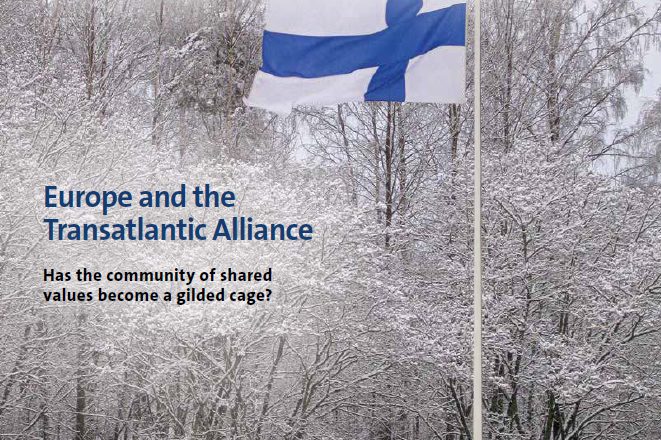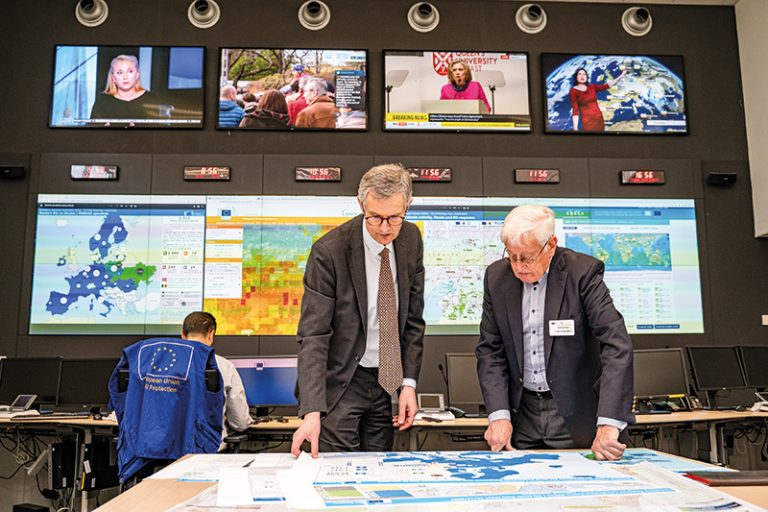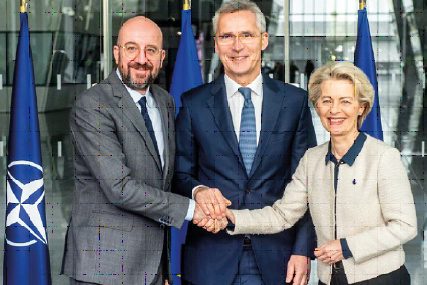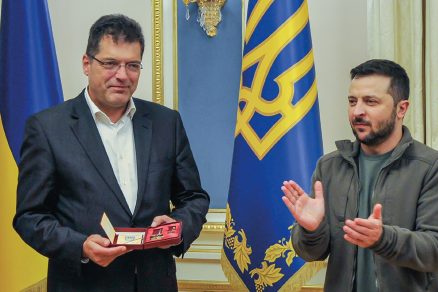Volume 51
Dear Readers, The main thematic chapter of this issue deals with the use of space, which has symbolic power like no other field of technology. Space is a global common good and all states are free to explore and use it. Civilian space technologies and services have become essential to our daily lives for communication…













